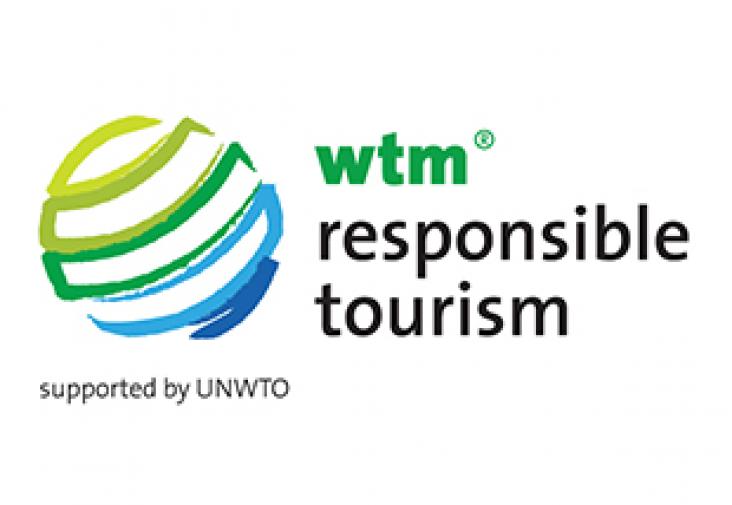
State and local laws are expanding existing discrimination and harassment protections in order to encourage and promote diversity. This article explores some notable new laws based on emerging trends in diversity and inclusion. It supports SDG 5 (Gender Equality) and SDG 8 (Decent Work and Economic Growth).
Global warming, air pollution, and energy insecurity are three of the greatest problems facing humanity. To address these problems, we develop Green New Deal energy roadmaps for 143 countries.

For many years, WTM London has organised World Responsible Tourism Day, with the support of the United Nations World Tourism Organization. This is the world’s largest industry event focused on efforts to make the industry more responsible and sustainable. Each year leading figures from the industry, along with representatives of civil society and key organisations, gather to discuss the key issues facing the sustainable development of tourism. Many of these issues are directly reflected in the 17 Sustainable Development Goals, which was the focus of a key panel discussion at the 2016 event.
Economic development projects are increasingly applying the mitigation hierarchy to achieve No Net Loss, or even a Net Gain, of biodiversity.
Norway was the first of ten countries to legislate gender quotas for boards of publicly traded firms.
Advancing SDG 8 (decent work and economic growth), this podcast explores the advantages of second chance hiring of individuals with a criminal history.
Partner content
United Nations UniversityUnited Nations University, September 2019.
Directly relevant to SDGs 8 (Decent Work and Economic Growth) and 17 (Partnerships for the Goals), this report explores a public-private partnership which puts the financial sector at the heart of global efforts to end modern slavery and human trafficking and accelerate action in eradicating these practices.
Held in association with the Ban Ki Moon Center for Global Citizens and hosted by RELX, the discussion focused on the state of human rights around the world. The session also covered the Rule of Law, the UN Sustainable Development Goals and the responsibility of businesses to support and drive initiatives that benefit society.

Advancing SDG 3 (good health and wellbeing) and SDG 8 (decent work and economic growth), this XpertHR blog post discusses the steps an employer can take to prepare for a hurricane, protect employees, and keep the business running in the event of a storm.

Advancing SDG 3 (good health and well being) and SDG 8 (decent work and economic growth), this XpertHR blog post discusses the measures employers can take to better prepare for the risk of an active shooter event in the workplace.
